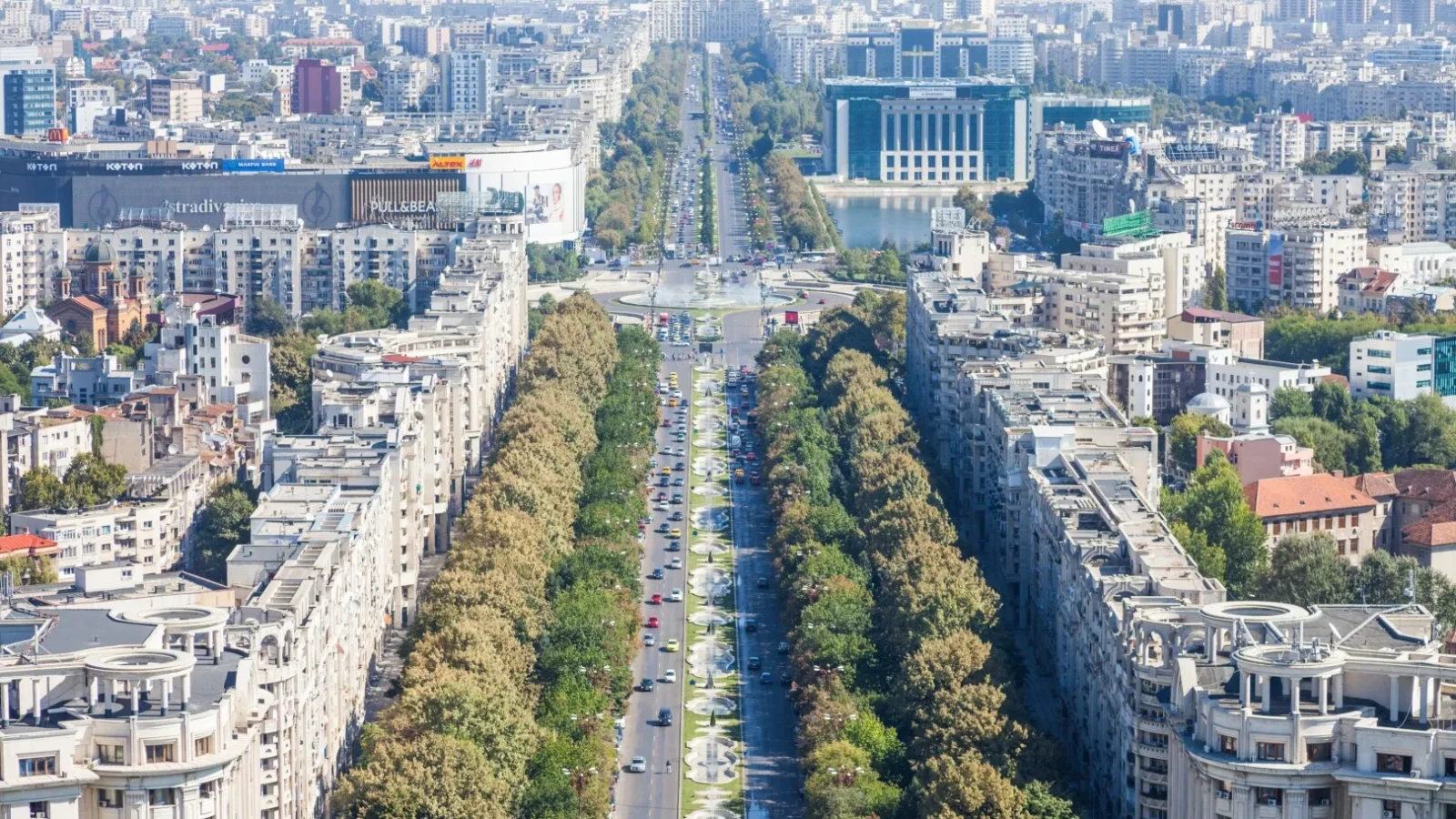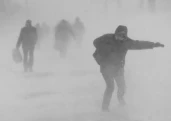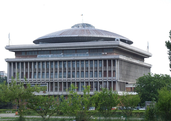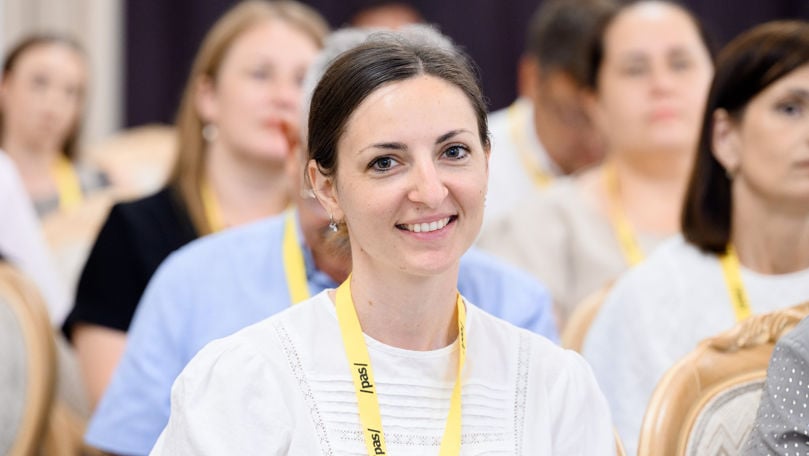We feel the impact of climate change especially in the urban environment, with 50% of the surface of large cities facing a high and very high risk of thermal stress, Sorin Cheval, climate science researcher with the National Meteorological Administration (ANM) and one of the authors of the report "State of the Climate - Romania 2025: Where We Are and Where We Are Going", told the ongoing Climate Change Summit 2025 in Bucharest, on Tuesday.
"We feel the impact of climate change especially in the urban environment, with 50% of the surface of large cities, county capitals, facing a high and very high risk of thermal stress. And this coincides with the built surface. The more and denser we build, the more we cover the natural surface, the more we "seal" it, the more the risk is almost directly correlated with the thermal risk. Moreover, we have a recent report by the World Bank that places Bucharest third in Europe in terms of mortality risk associated with extreme temperatures," said Cheval.
He added that effective measures to reduce pollution in large cities will contribute to generating a bearable climate.
"Urban climate is part of the problem, and the impact on health is most pronounced there, but it is also part of the solution. Obviously, the more measures we take in urban areas, the more likely we are to have a more bearable climate. Will it really get that much warmer? Yes, it will get warmer, without a doubt. Regardless of the scenario we consider, the climate of cities will get warmer, but there are also measures that can be taken," the climatology expert pointed out.
The report "State of the Climate - Romania 2025: Where We Are and Where We Are Going", published on Monday, shows that Romania has warmed up rapidly in recent decades, with an increase in the average annual temperature of 3.01 degrees Celsius compared to the period 1971-2000, and the years 2023 and 2024 were the warmest in the entire history of meteorological observations.
Thus, last year's summer brought 49 days of heatwave, the second highest number in the last 70 years, and 63 days of heatwaves, i.e. 68% of the entire summer - an absolute record. In addition, for the first time, Romania recorded six days with temperatures above 40 degrees Celsius in a single summer season.
Regarding climate projections for our country, they show that, in the pessimistic scenario, Romania could register up to +4.24 degrees Celsius by the year 2100, and in the south of the country the number of days affected by heat waves could reach 150-160/year.
In terms of precipitation, the same document reveals that Romania is going through one of the worst drought periods in its recent history. Thus, the event that began in March 2022 and extended until July 2025, lasted 41 months, exceeding all previous episodes.
In this context, the summer of 2024 brought a rainfall deficit of 52.4 mm compared to the climatological average, which seriously affected agricultural crops and water resources. "In Dolj, for example, 65% of the sunflower crops were lost, and over 600 localities imposed restrictions on water consumption," the document states.
As for the distribution of precipitations, it is becoming increasingly chaotic, so that, while summers bring less rain and accentuate drought, autumn episodes bring short torrential rains, with extreme accumulations over short intervals (over 200 mm. in 24 hours, in Dobrogea, at the end of August 2024). Against this background, the conclusion of the specialists is that this alternation between deficit and violent rains increases the double risk: chronic drought and local floods.
The document "State of the Climate - Romania 2025" represents a coordinated effort of a team of 22 specialists, with the aim of bringing to the forefront the most relevant and current data on climate change, the development of the phenomenon and future projections.
International leaders, decision-makers and sustainability experts debate, on Tuesday, at the Palace of Parliament in Bucharest, on the topic of climate policies and solutions at global and regional levels, at the Climate Change Summit 2025 event.
































Comentează